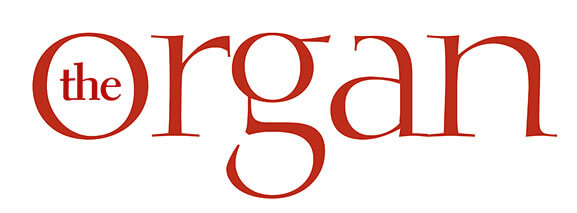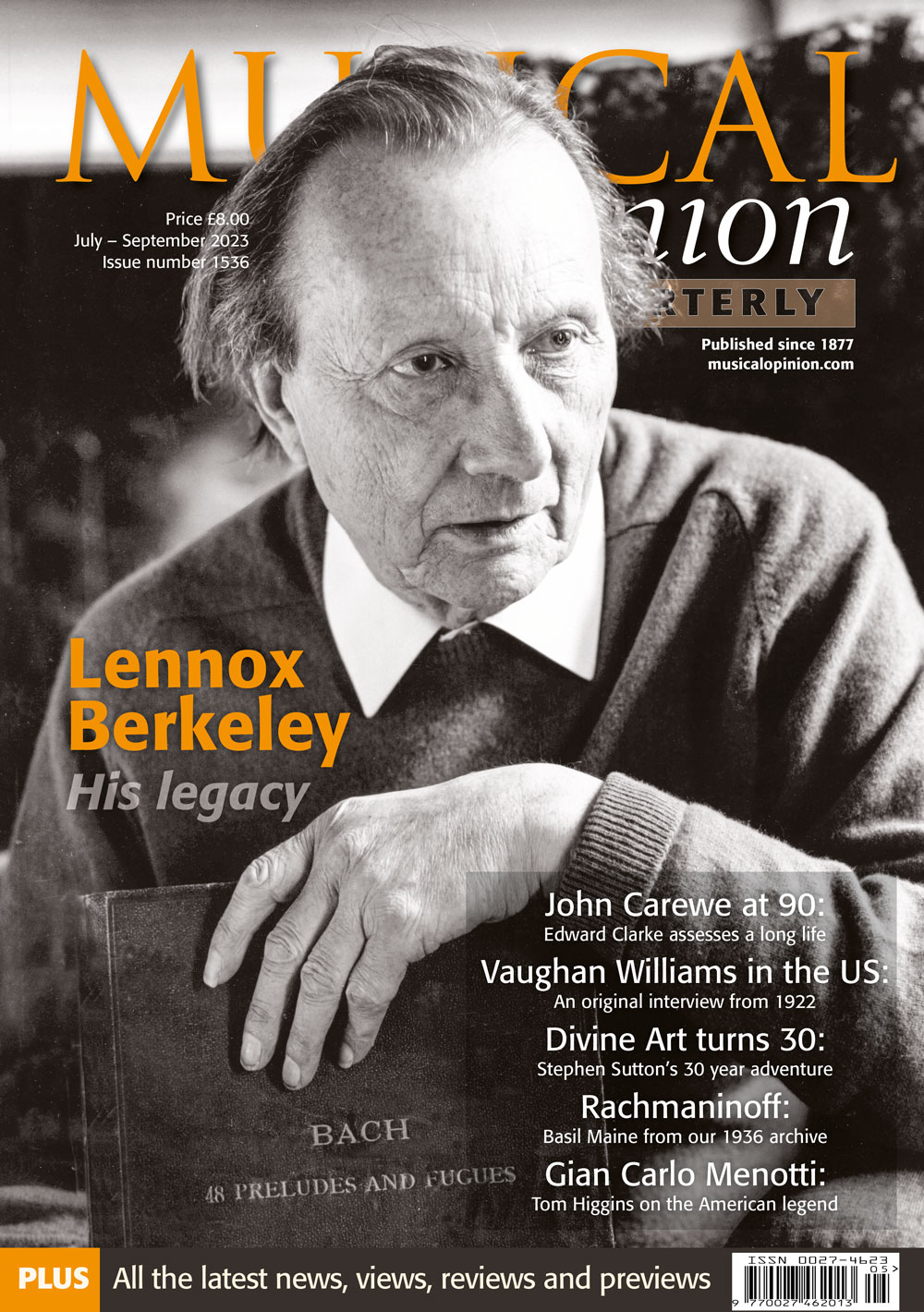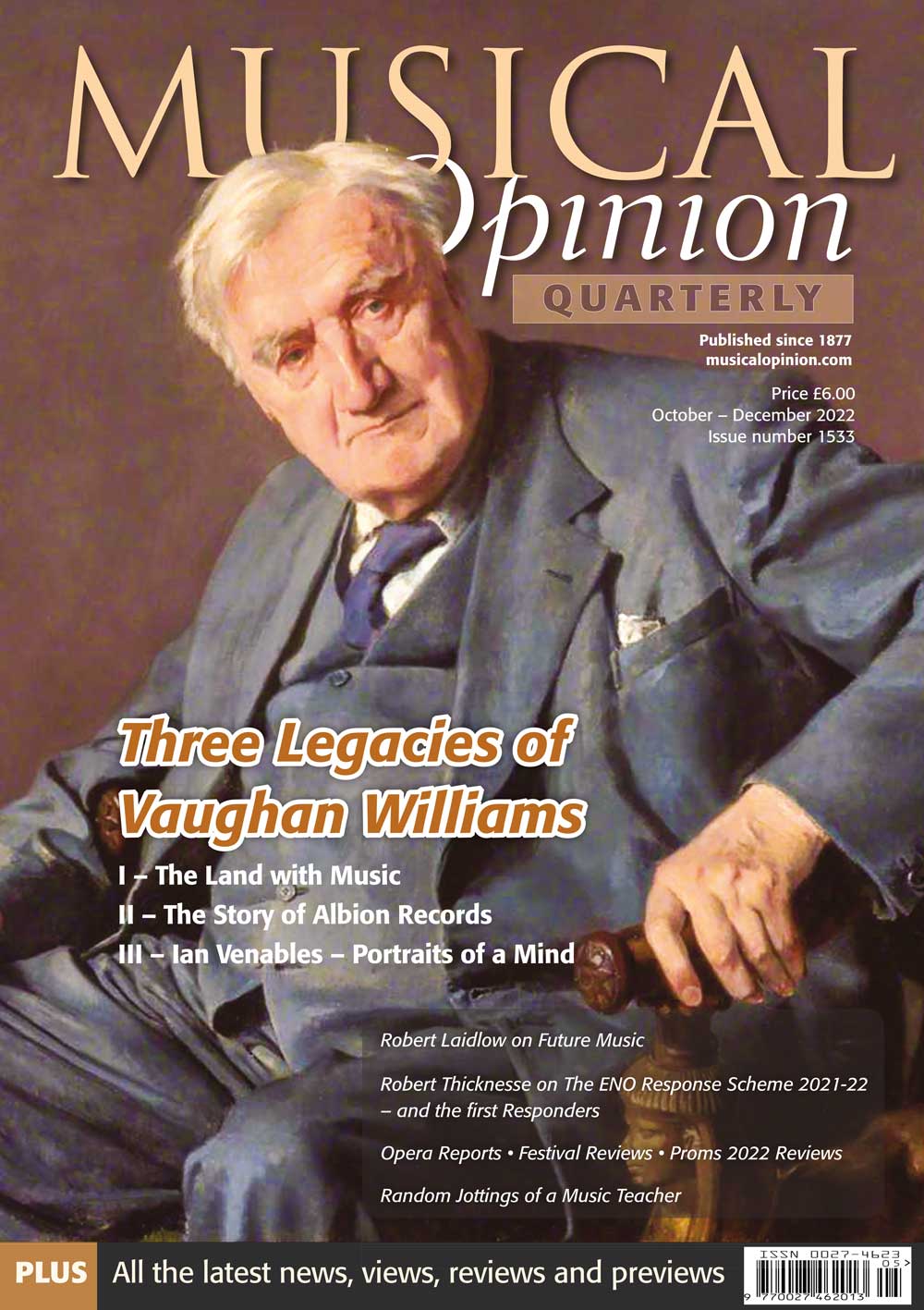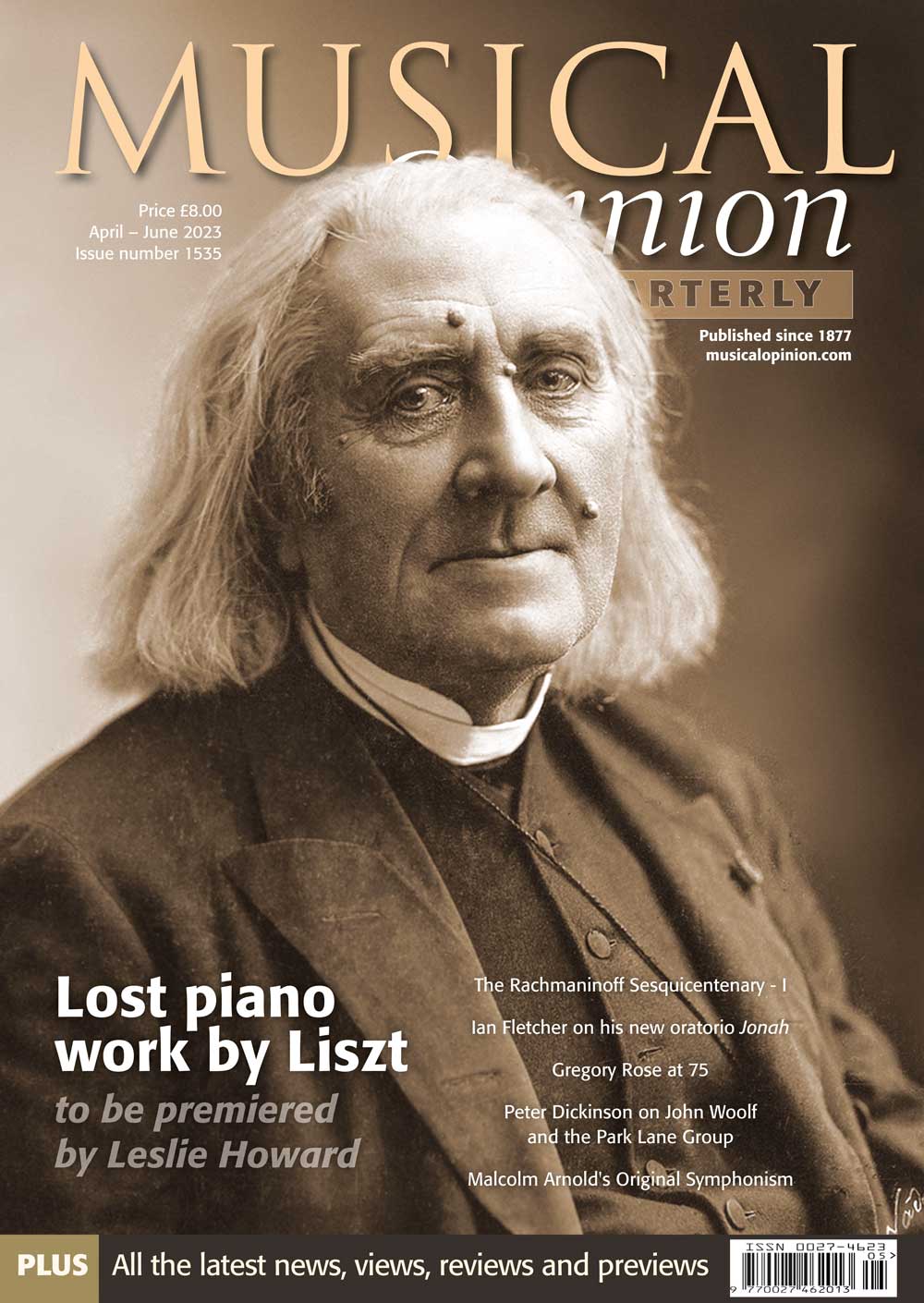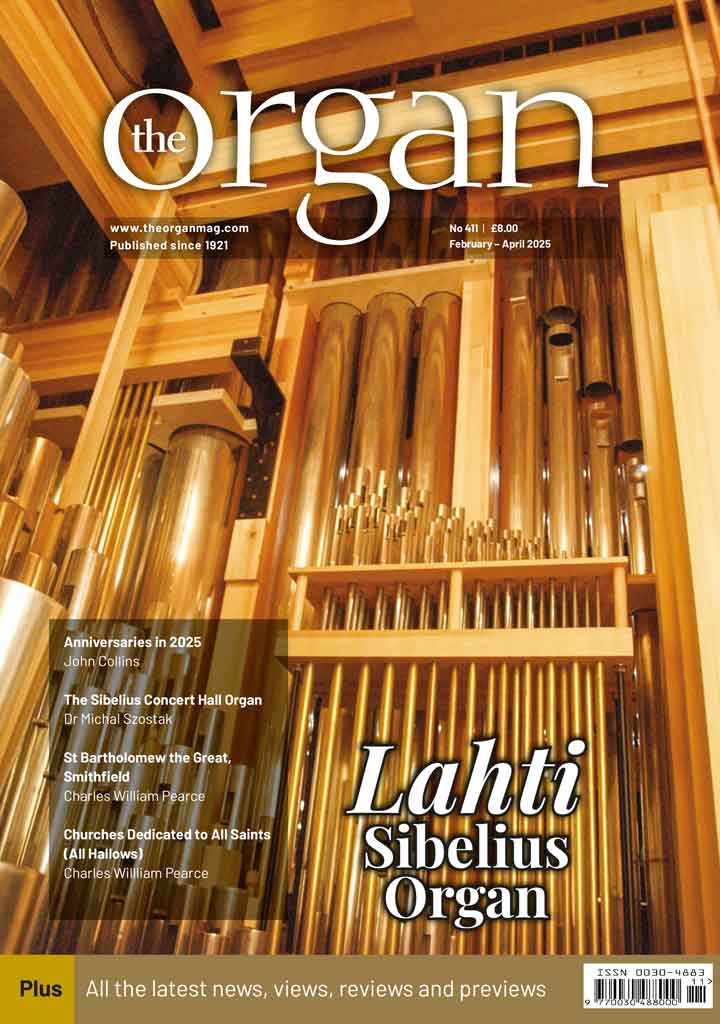

Current Issue
Reviews
BBC Proms, Sunday August 28 2022 – Nathan Laube, Organ Recital
Writing in our sister publication Musical Opinion a few months ago, Edward Clark revealed he had been told that the annual BBC Proms Season is now compiled from suggestions by no fewer than five committees, an arrangement that explains a very great deal. His claim has...
Explore By Topic
Beethoven: Fidelio for organ

John Alexander
Beethoven, arr Otto Depenheuer
Suite from ‘Fidelio’ Op 74 Edition Dohr 20561 £13:50
Overture: The Ruins of Athens Op 113 Edition Dohr 20538 £8:50
Overture: Egmont Op 84 Edition Dohr 20551 £9:50
Though doubtless planned with the somewhat curtailed (because of the world-wide Covid epidemic) celebrations of the 250th anniversary of Beethoven’s birth in 2020, these three arrangement for organ of the composer’s music by Otto Depenheuer remain worthwhile items in any organist’s recital repertoire.
Purists may decry such editions, claiming such music is freely available in its original states, but there is still something to be said for transcribing great music for whatever instrument or instrumental combination: the likely audience is thereby widened, and often the inherent compositional processes which have led to the work in the first place can often be revealed in a manner not always available to the interested student in terms of practicality. Quite apart from anything else, Beethoven himself was by no means averse to editing or transcribing his own music for different instrumental combinations, and it is not always practical for every organist to be able to study theatre music at close hand when it is available only in the original versions.
Such transcriptions, if consistently well done – as they are here – have a dual purpose: they bring the actual music literally within the hands of any competent musician within reach of a keyboard, and also to those members of an audience who are not frequenters of opera houses or concert halls, for whatever reasons of geography or physical infirmity.
Nonetheless, the specialist will possibly decry the necessity of such transcriptions but the genuine musician and Beethoven admirer will welcome the practicalities of making available great music in such accessible performable editions.
Dr Depenheuer is to be commended for his work, and Edition Dohr for the excellence of their relatively inexpensive publications, which are always very well presented; their relevance to historic musicology is demonstrated in the following review.
John Alexander
